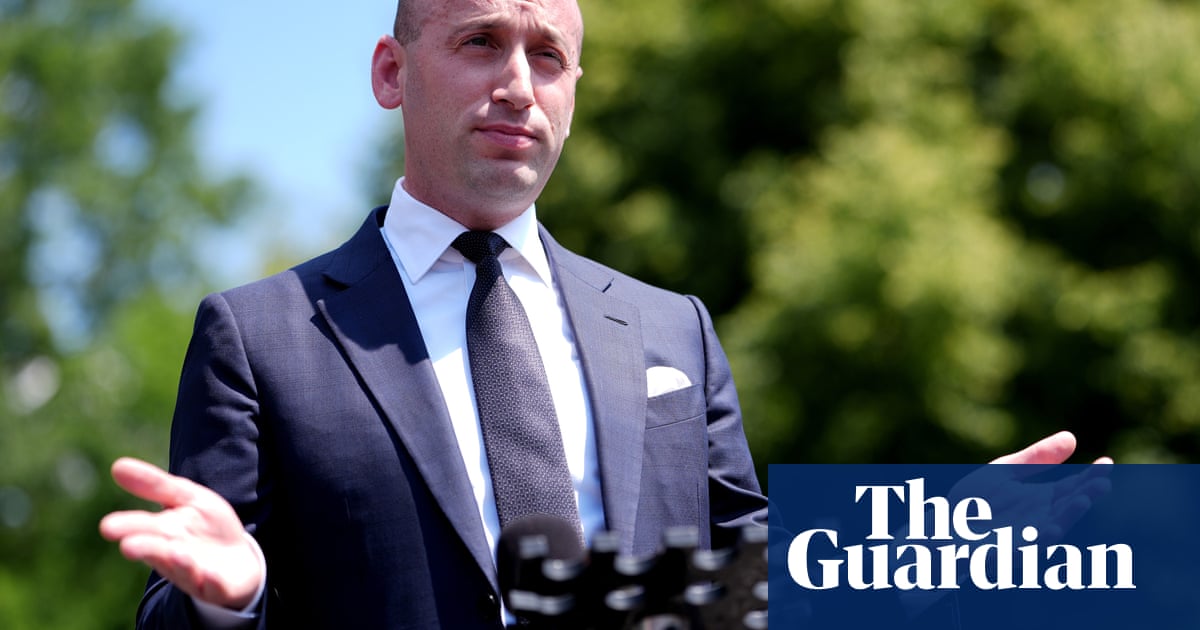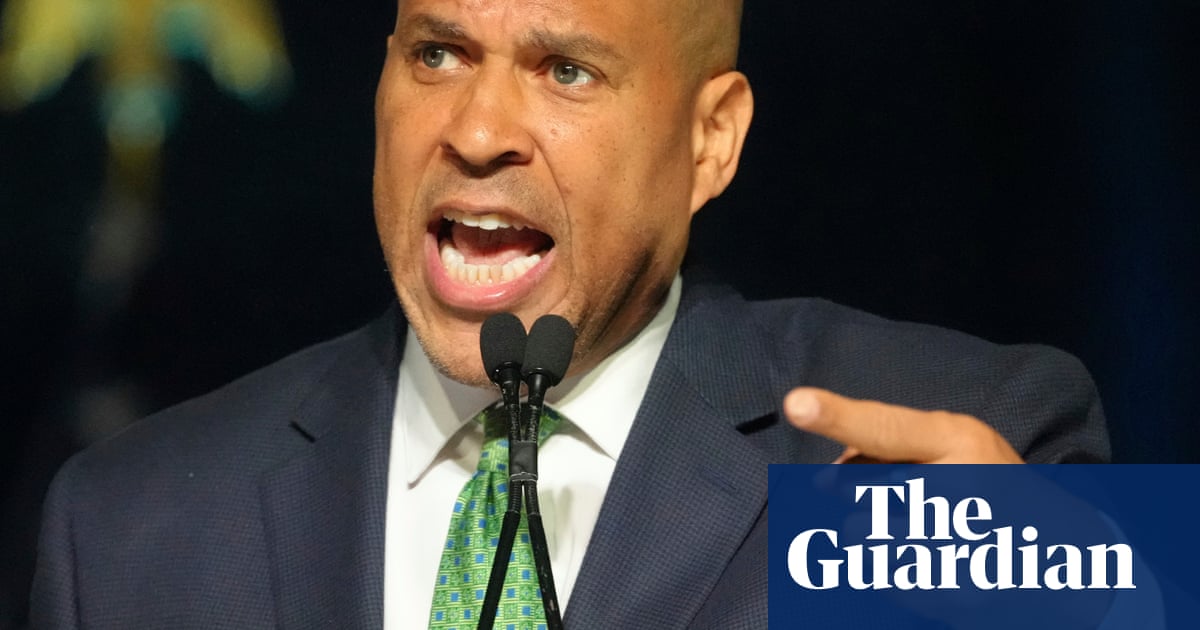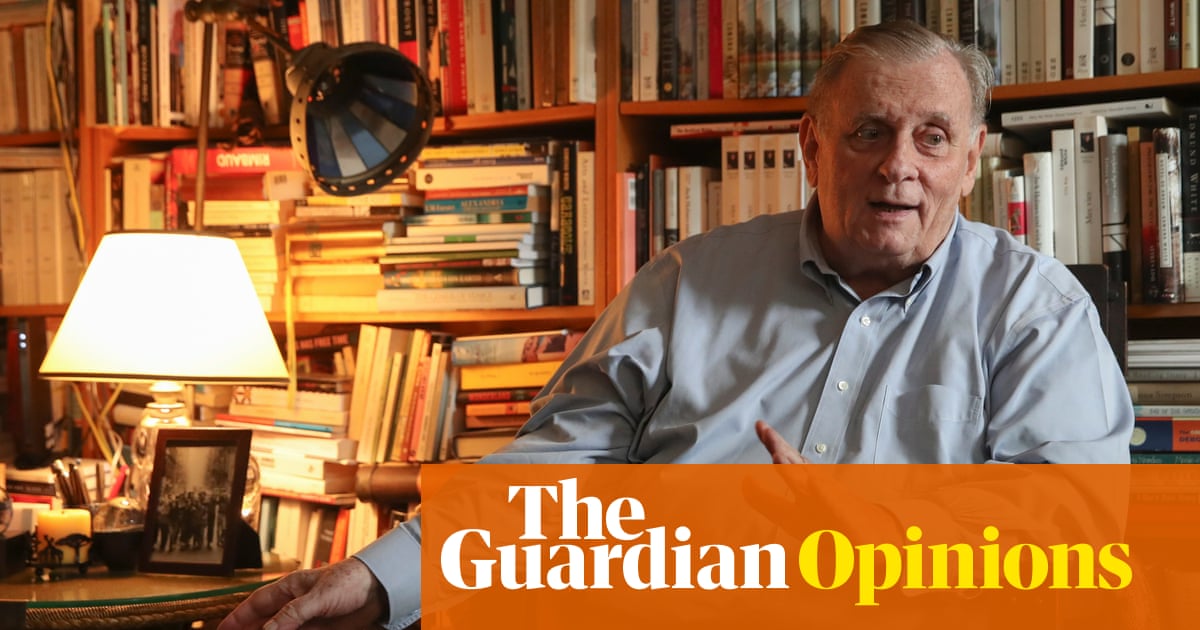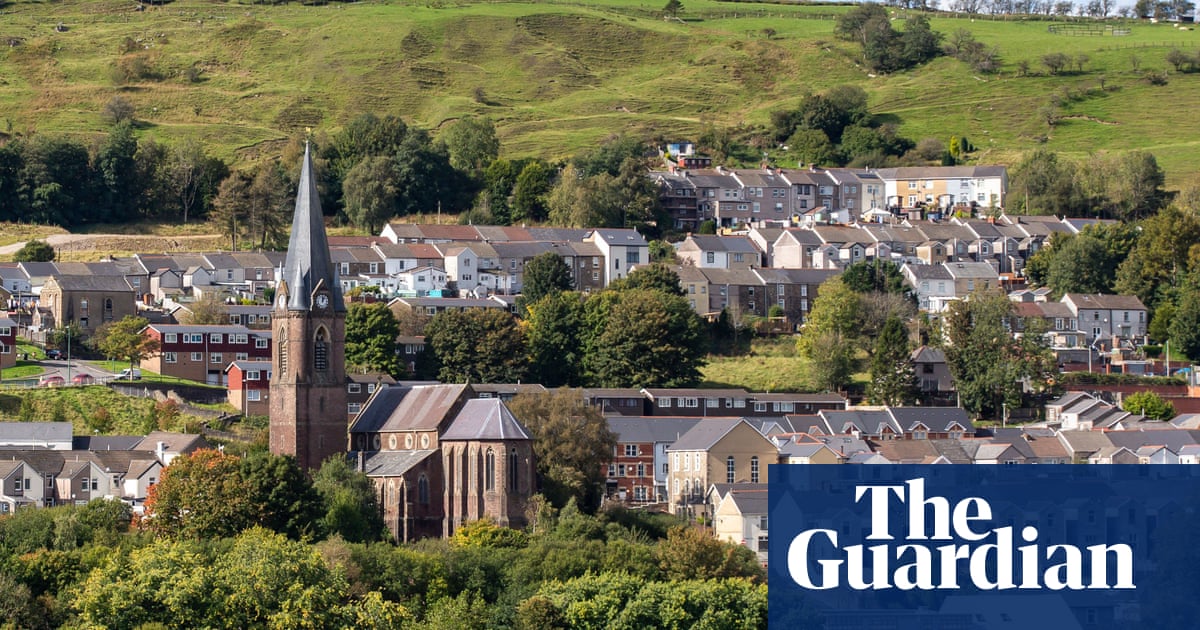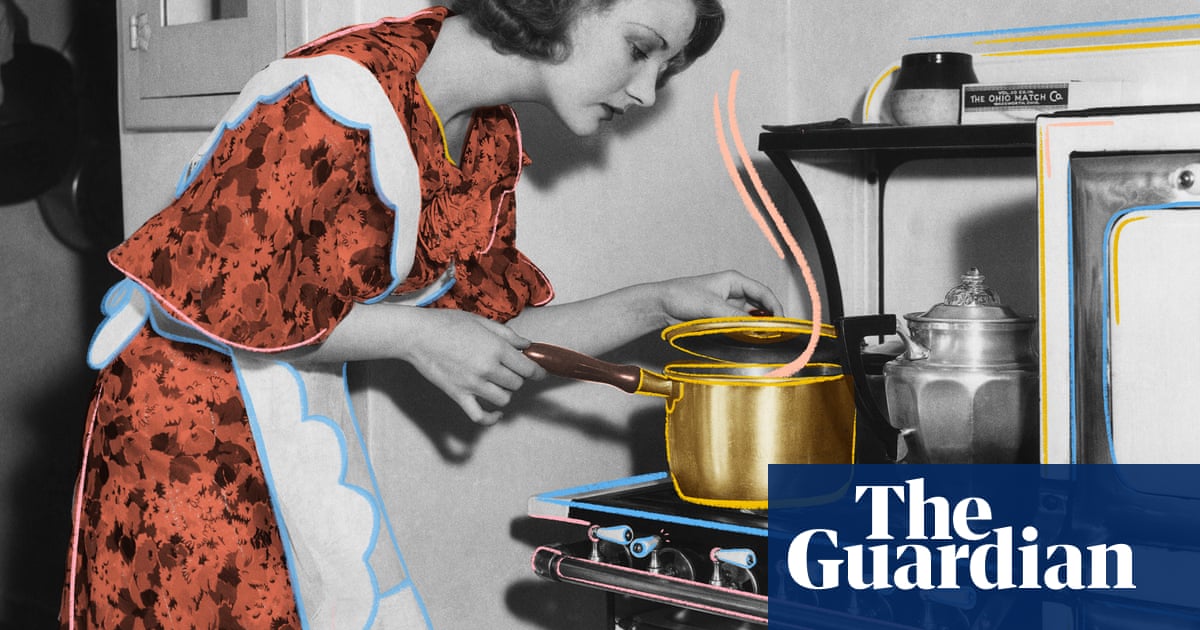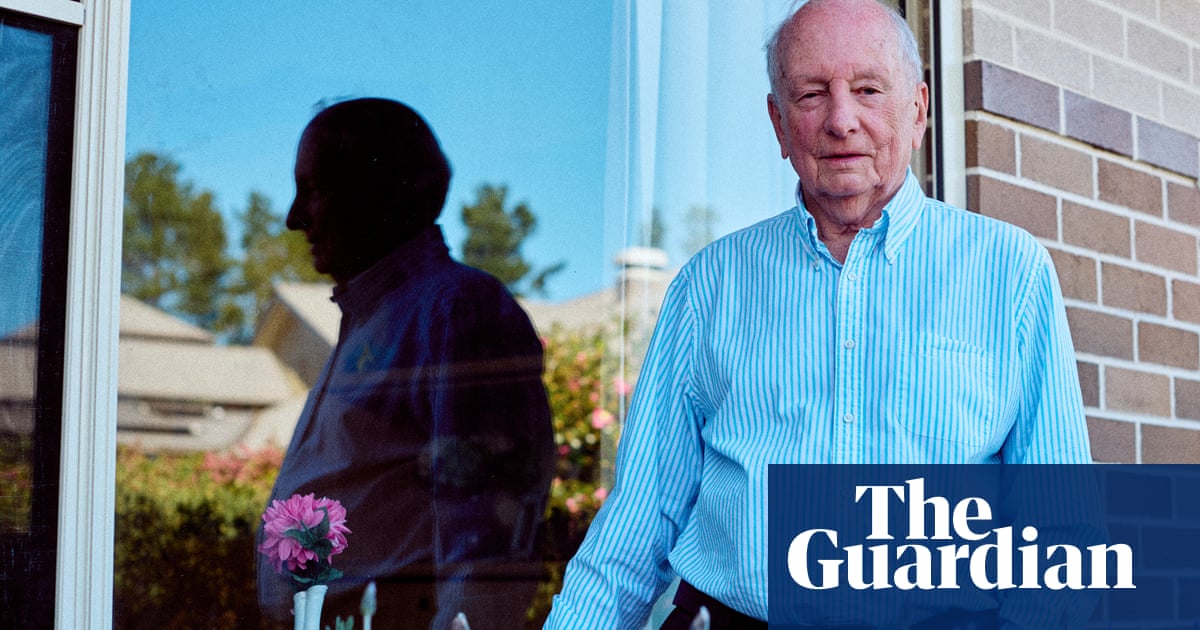Anas Sarwar, the Scottish Labour leader, has admitted his party faces a significant challenge to win the next Holyrood elections after its popularity slumped in the polls.
His party’s support has fallen by half since the chancellor cut the winter fuel payment and raised national insurance costs last year, leaving it trailing behind the Scottish National party (SNP).
On the eve of Scottish Labour’s annual conference in Glasgow this weekend, Sarwar said: “I accept [that] shows we have a challenge facing us in the next 15 months.” His conference speech on Friday “has to be a big moment”, he added.
“I took on this job four years ago when people questioned the very survival of the Scottish Labour party. I’ve had to work hard every day for the last four years, and I’m going to have to work hard every day to win the election in May 2026.”
Recent polls, which show a surge in support for Reform UK and the Scottish Greens, suggest the SNP would comfortably win the election in May 2026, its fifth in a row since 2007, cementing more than two decades in power.
Those results have unnerved Labour MPs and MSPs. Six months ago, Scottish Labour won a comprehensive victory in the general election by winning 37 of Scotland’s 57 Westminster seats – its best result since 2010.
They are particularly alarmed at the impact the cuts to winter fuel payments and the refusal to compensate the Waspi women has had on support among over-55s, the age group most likely to vote.
A Norstat poll for the Sunday Times this week showed only about 13% of over-55s supported Scottish Labour, down from 30% in June last year.
Sarwar confirmed that he still believed those decisions were wrong but he implied that conversation was now over, so Labour’s strategy had shifted to arguing for better public services, particularly for younger people.
Labour MPs believe the party needs to press the case for investing in younger people – known as intergenerational equity – more vigorously, particularly with pensioners.
Sarwar said he would demonstrate how his party would make the NHS fit for the future and clear its backlogs while guaranteeing opportunities for voters’ children and grandchildren. “We’re going to stop the waste, and we’re going to respect people’s money,” he added.
He said the opinion polls were an inaccurate barometer of public mood. Despite the SNP’s apparent lead, it had only won five of the 34 council byelections held since the general election last July. Labour has won 19.
Speaking with a T-shirt featuring a montage of José Mourinho portraits pinned up across his office wall, he said Scottish Labour’s main strategy would be to resist the SNP’s attempts to turn next year’s election into a referendum on the UK government’s performance. Instead, the SNP’s record in government would be “on the line”.
“The people of Scotland have this choice. They can either go down the SNP route of thinking that the Scottish parliament election is an election to simply protest, or they can use it to choose a different direction for Scotland.
“I am confident that when that choice is put to the Scottish people, we will win the election.”
But Sarwar acknowledged the increase in Reform UK support, which Norstat put at 15% last week, compared with 18% for Scottish Labour and 12% for the Scottish Conservatives, indicated a very real dissatisfaction with mainstream politics.
He rejected claims he could work with Reform if it won Holyrood seats next year, and said the main task was to defeat the party by tackling the underlying causes of voter disillusion. It was essential that Labour avoided the mistake made by the US Democrat party of allowing divisive politicians to frame debates, he added.
“They didn’t actually confront the issues that were pushing people to divisive politics. So I’m going to confront the issues,” he said. “I’m not going to insult people’s intelligence” by arguing Reform voters are racist or not smart enough.
“What’s pushing people to these divisive political parties [is] because they do not believe government works for them. They don’t believe the system works for them. They see billions of pounds of waste all about them, and at the same time, their taxes are going up.”

 3 months ago
63
3 months ago
63


